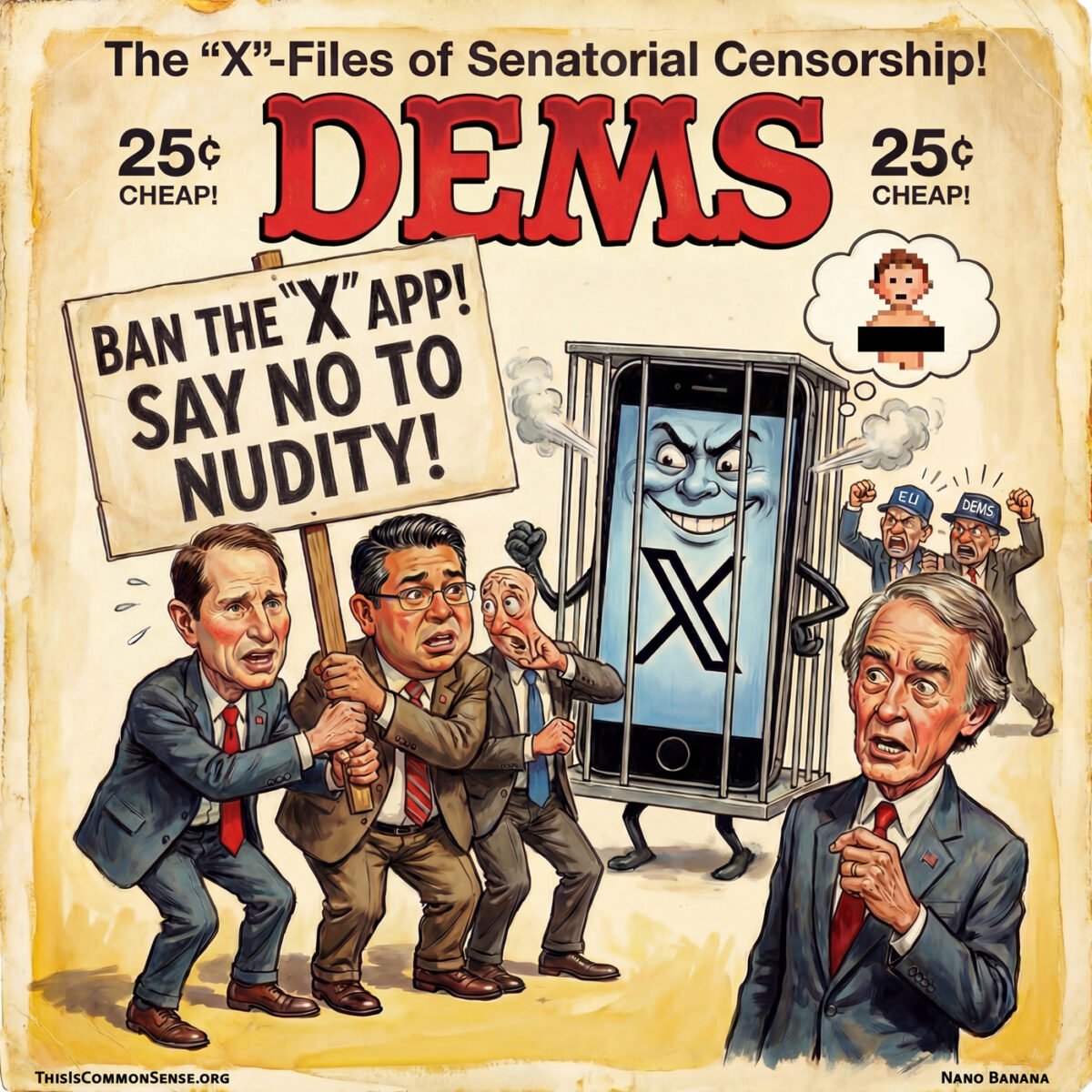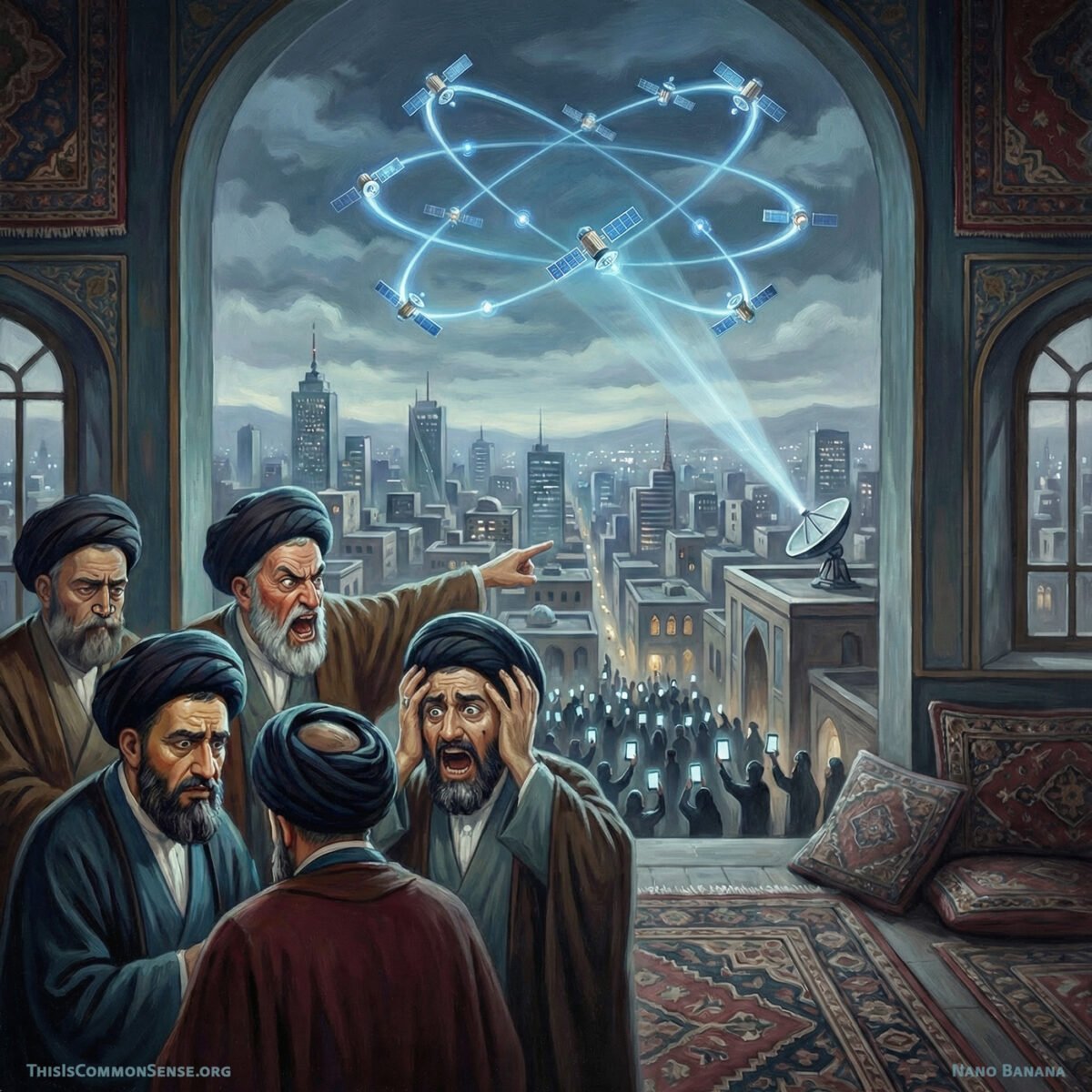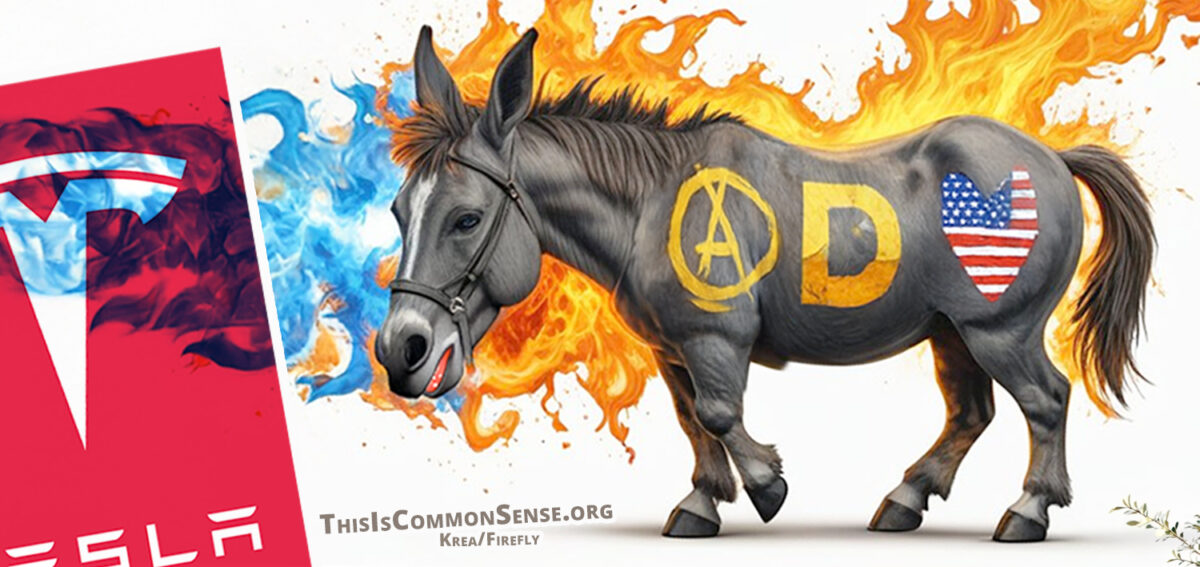While I sit way out here on the margins of big technological trends, Elon Musk pitches a very science-fictional near-future.
“With robotics and AI, this is really the path to abundance for all,” he said at January’s World Economic Forum in Davos. “If you have ubiquitous AI that is essentially free or close to it and ubiquitous robotics, you will have an explosion in the global economy that is truly beyond all precedent.”
The world’s richest man predicted that humanoid robots will soon become pervasive: “there will be more robots than people.”
I’m not much of a science fiction reader — does Nineteen Eighty-Four count? — but from movies and friends’ book suggestions, it sure seems that sci-fi writers have not predicted universally cheerful outcomes from Elon’s prophesied robot population explosion.
How would we control such creatures? Isaac Asimov wrote a lot about this, using his “Three Laws of Robotics,” a Three Commandments for artificial beings. The first reads “A robot may not injure a human being or, through inaction, allow a human being to come to harm.” But surely another scenario is more realistic, Jack Williamson’s The Humanoids (1948). There the shiny robots — primed with “To Serve and Obey, And Guard Men From Harm” — set up a totalitarian society without the State.
Just the humanoids, nannying humans about.
What would life be like with all these “helping hands”?
Remember Thoreau’s warning in Walden (1854)? “If I knew for a certainty that a man was coming to my house with the conscious design of doing me good, I should run for my life.…”
Ronald Reagan quipped that “I’ve always felt the nine most terrifying words in the English language are: ‘I’m from the Government, and I’m here to help.”
Elon Musk merrily imagines an “upgrade” to busybodies and governments.
Artificial busybodies and governments. On auto-pilot.
Terrifying.
This is Common Sense. I’m Paul Jacob.
Illustration created with Nano Banana
See all recent commentary
(simplified and organized)
See recent popular posts









